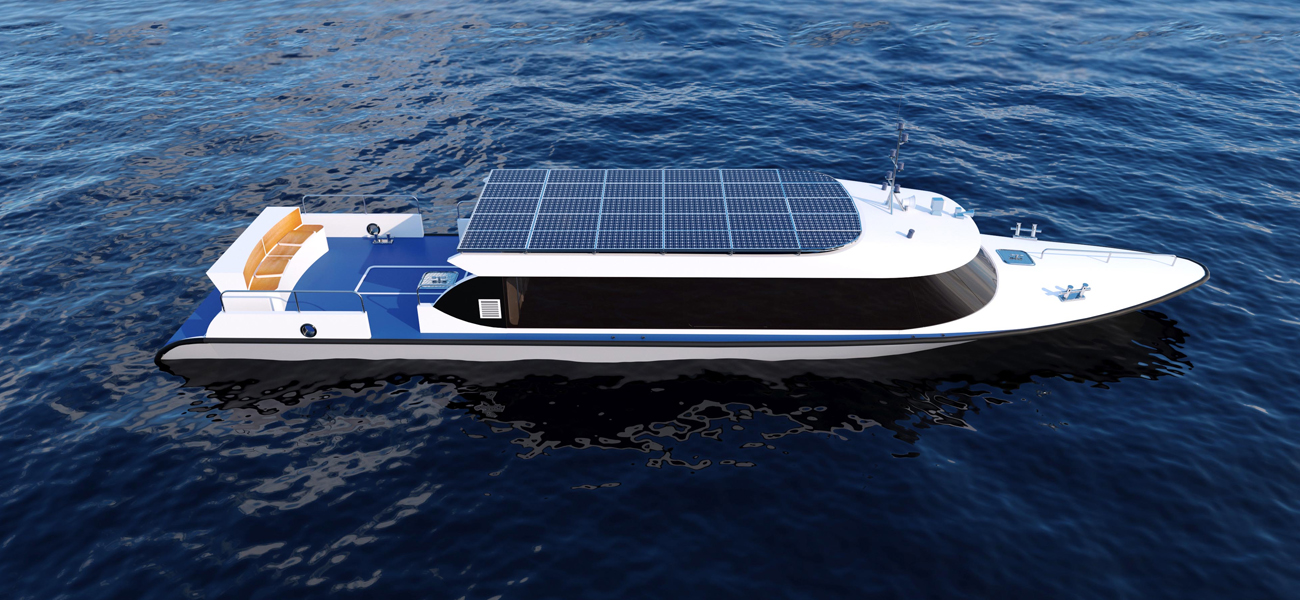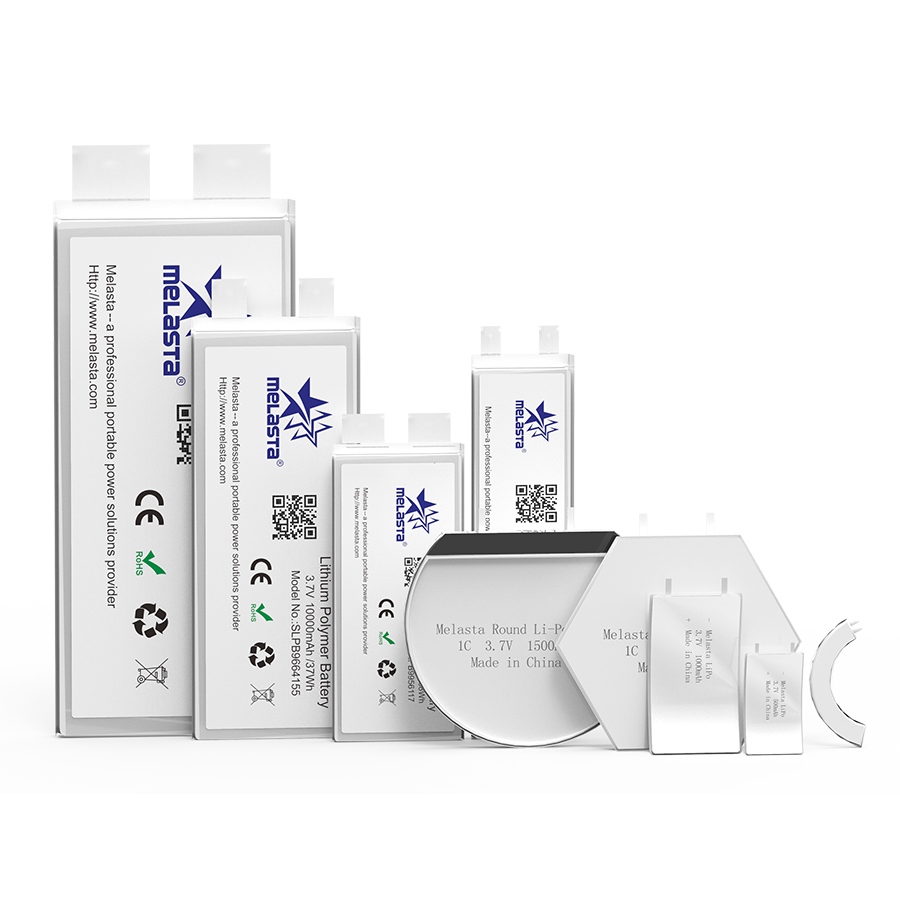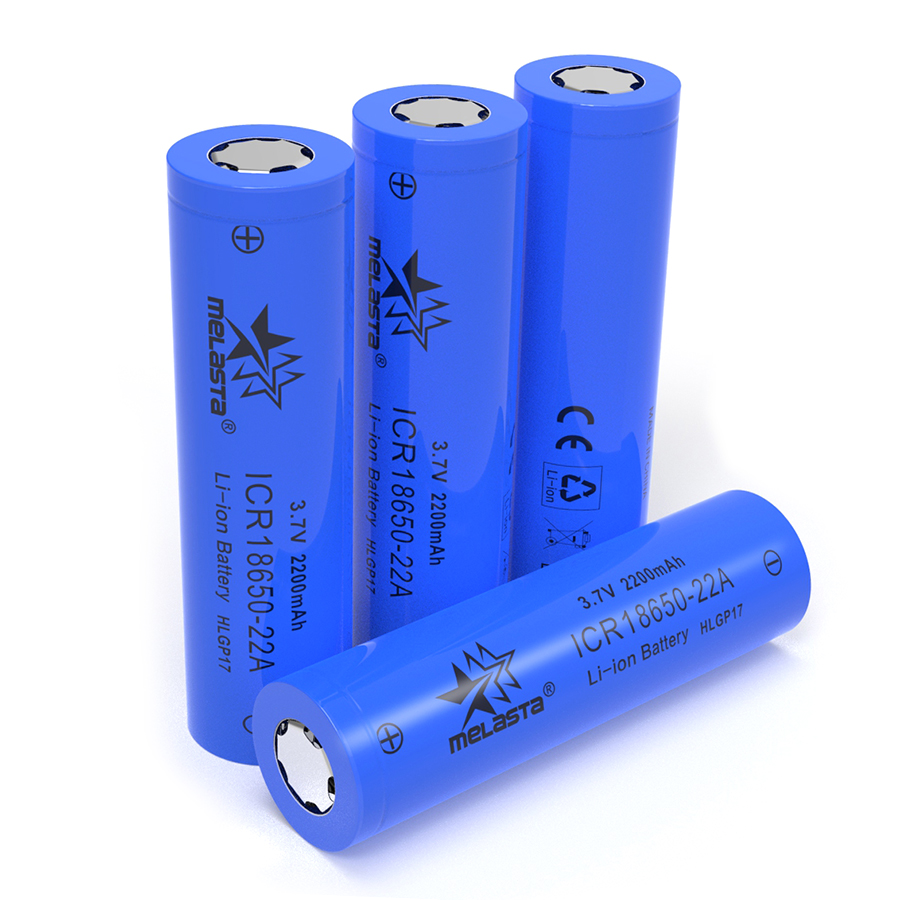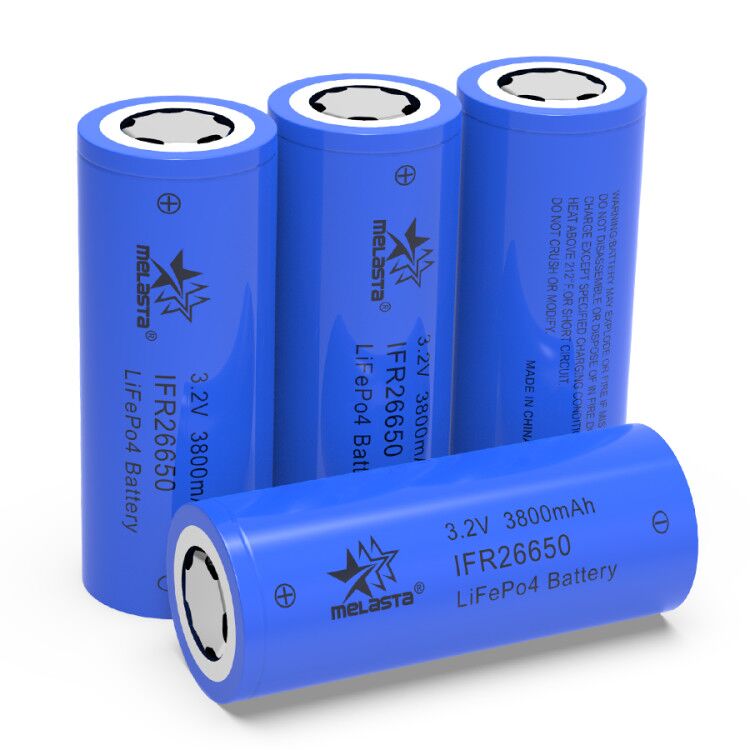How do you provide power to a boat? Apparently, using solar energy and a generator is a terrific method to conserve cash and become more sympathetic to our environment. Irrespective of the approach you utilize, you will require someplace to store that amount of power. For this purpose, you will require a battery. A few individuals direct themselves far from utilizing lithium marine batteries because of their frightening expense. Do not let this thing hold you back. There’re a lot of advantages of lithium batteries, much of which in fact reduce the overall expense if used for a long period.
Here you can go through the best advantages of selecting lithium marine batteries for a vessel.

Life Span of Marine Battery
AGM batteries can just last to around 1k cycles. Moreover, you need to become persistent about not draining these batteries more than 50 percent so that they can be kept in a great form. A lithium battery’s lifetime is rather excellent. While discharging lithium batteries to 80 percent, we can anticipate them to keep on lasting for more than 2k cycles.
Increased Usable Amp-Hours
A lithium battery can be discharged 100 percent. To have more lifetime, it is a great thing to just discharge lithium batteries to 80 percent. Even after that, a 300-ampere-hr battery bank would simply supply us with 240 functional ampere-hrs, considerably greater than other kinds of batteries.
Both lead-acid and AGM batteries shouldn’t be discharged more than 50 %. Hence, we can just utilize 172 of them prior to requiring a charge, even if we possess a battery bank which supplies 345 ampere-hrs.
Steady Voltage
You have actually most likely observed the unsteady voltage if you have actually spent time on boats. Things are working out simply great till something new comes in, such as a microwave or fridge. The decorations and lights may dim slightly as a voltage drop occurs whilst the battery has a hard time powering the new thing.
Lithium batteries maintain more resting voltage, generally around 13.2 Volts as compared to 12.8 or 12.6 for a completely charged lead-acid battery. The resting voltage starts to lower when a lead-acid battery loses its charge. Then, naturally, there’s that extreme drop while installing an extra load.
A lithium battery’s resting voltage does not alter considerably irrespective of the amount it has actually been discharged or the load. So, this aids the devices to operate with greater efficiency. We might discover that they need a lower time or less amps to do the very same quantity of work.
We likewise will not require to possess any extra “starting” batteries. These lithium batteries have the ability to manage the hefty draw of an additional load.
Mass
We already understand how essential mass is on the boat. A heavyweight boat implies burning additional fuel to reach a location. Additionally, a very heavy boat is not safe. Once you are worried about the mass of your boat, lithium marine batteries look like a fantastic option. These batteries have 1/2 of the mass of lead-acid batteries and around a 3rd lower than AGM ones.
This mass cost savings does not even consider the variance in life span and usable ampere-hrs. You will need less lithium batteries to achieve the very same no. of usable ampere-hrs. This suggests that lithium batteries are not only lighter and smaller sized, but likewise, you will require less batteries to carry out the exact same task. The cost saving in mass (and area) simply keeps building up.
Preserve Their Charge
Apart from charging rapidly, the rate of self-discharge of a lithium battery is much less than that of the lead-acid ones. Due to the fact that it is not in usage, this is the amount of charge that a battery loses.
Quick Charging
Discharging lithium batteries more implies that we are going to wait for them to charge for a longer duration? Incorrect!
You might be acquainted with viewing a battery charge till 90 percent and after that take hrs to fill the remaining amount. This happens because of the battery’s internal resistance and the stages of charging. A lead-acid battery has a three-phase cycle. In the initial push, the battery quickly charges to 80 to 90 %. The 3rd stage includes a sluggish trickle charge which implies it frequently takes hrs for that part. You likewise need to totally charge these batteries every time to effectively protect their life expectancy.
Having lower internal resistance, lithium batteries avoid that sluggish absorb stage. In case you just have 1 hr readily available to charge a battery, you can get benefit from it.
No Upkeep
A lead-acid battery does not require much effort. You simply need to put water once in a while. When you shift to lithium batteries, your work is even more reduced. It is incredible that you need to do less effort to water the batteries.
Less Wasted Energy
A lithium battery can utilize and maintain about 99 percent of its energy. A new lead-acid battery loses around 15 percent of its energy because of resistance and other elements. As it gets old, the % of usable energy narrows down more.
Are Lithium Marine Batteries Best for You?
They really aren‘t as pricey as they appear as soon as you take into consideration the advantages of lithium marine batteries. These lithium batteries lose less energy, provide extra power, and last longer implying you need to purchase less batteries gradually. Additionally, they have a less mass and need lower amount of energy for charging. These factors make the in advance financial investment worthy for many individuals.
Are you prepared to switch to lithium marine batteries or lithium batteries? Have a look at our range of lithium marine batteries and lithium batteries to power your trips. Do you still have concerns? Do not hesitate to call us! We will be more than pleased to lay all your doubts to rest.


